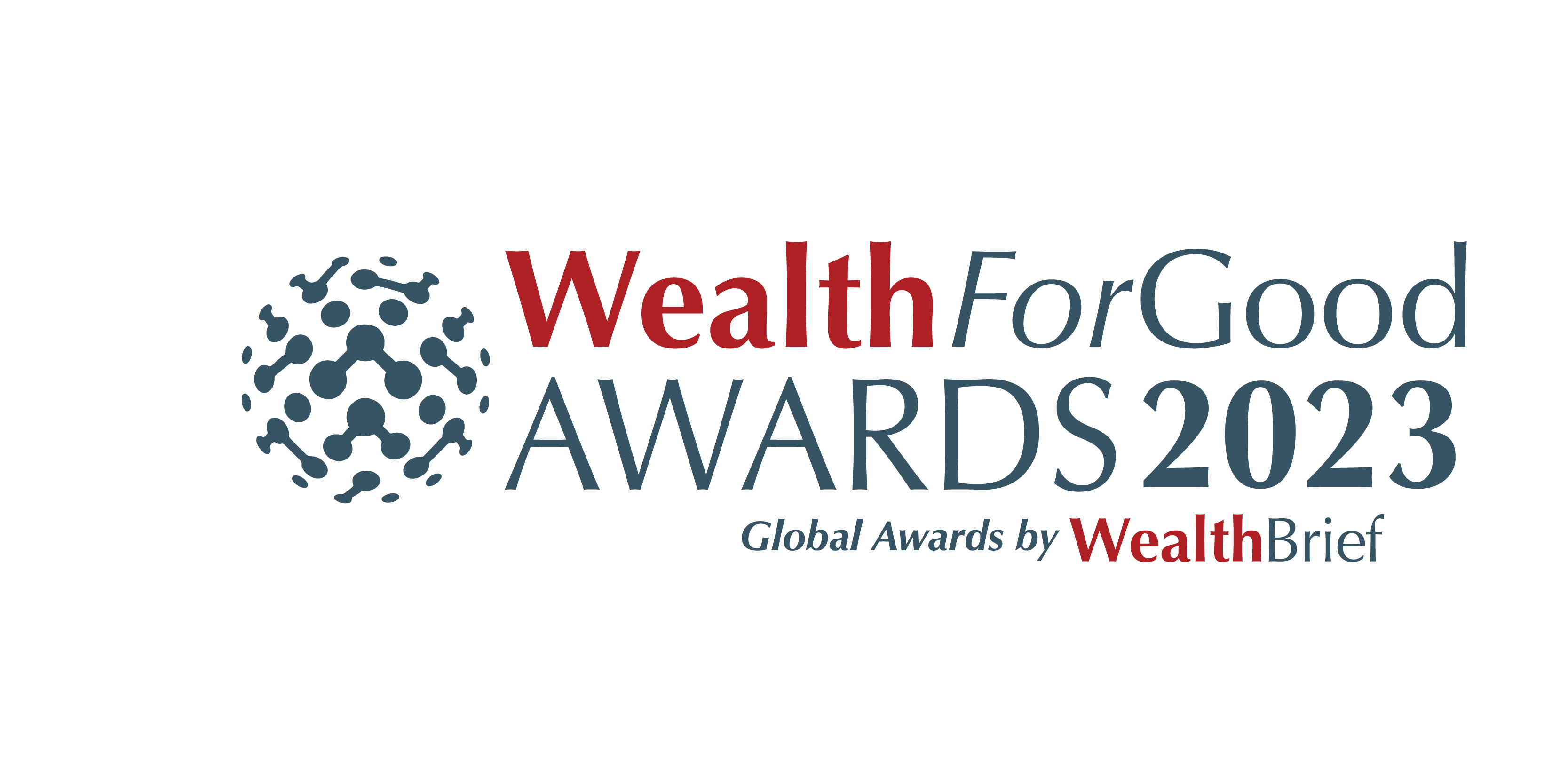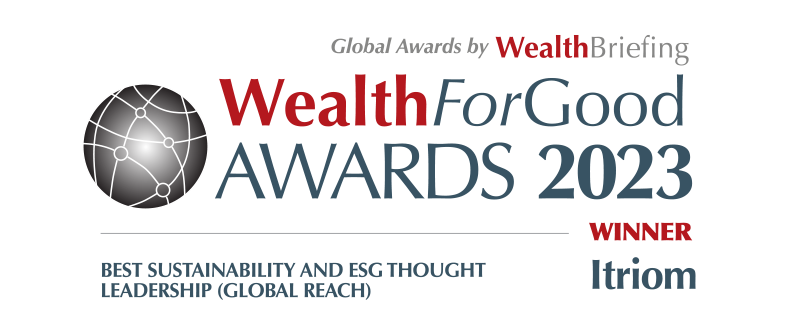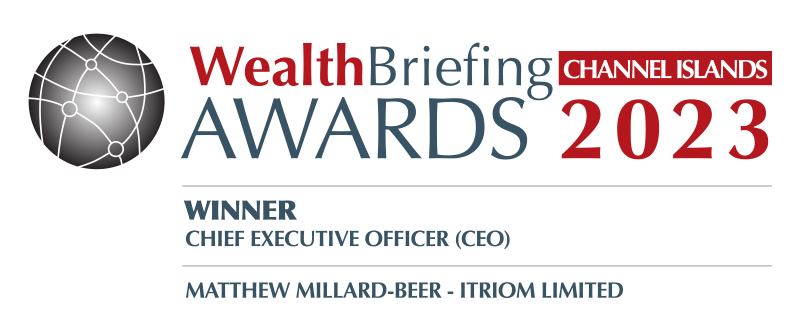In 2010, the UN General Assembly recognized the right to safe and clean drinking water and sanitation as a universal human right in a historical resolution. The is largely due to access to safe, sanitary drinking water and sanitation being key for safety, health, and well-being. Thus, it is a necessity for these Water, Sanitation and Hygiene (WASH) services to be widely available globally.
While in 2020, 74% of the global population had access to safely managed water services, over 2 billion people live in water-stressed countries. A further 2 billion people drink water contaminated with faecal matter. Many water sources also contain chemical risks, from arsenic, fluoride and nitrates, pesticides and microplastics, which can cause acute respiratory infections and other tropical diseases. Microbiologically contaminated water causes upward of 485,000 deaths a year.
Sustainable Development Goal 6.1 target is “by 2030, achieve universal and equitable access to safe and affordable drinking water for all”. The target defines this by stating that an individual should have access to “safely managed drinking water services”, from a source located on the premises, free from chemicals and faecal matter. Although this is a basic human right, with 26% of people globally living with poor water and sanitation access, there are still milestones to hit in order to reach this goal over the next 7 years.
SDG targets 6.2-6.6 can be deduced to the acronym WASH, which stands for water, sanitation, and hygiene. These goals specifically aim to combat the approximate 775,000 annual premature deaths caused by poor sanitation and hygiene. Of these deaths, 1,400 deaths are children that die daily from infectious diseases and malnutrition due to poor sanitation. To put this all into context, 46% of the world’s population live without adequate sanitation.
Solving SDG 6 would have a rippling effect on the other SDGs and lift millions of people above the poverty line. Without bringing Goal 6 into fruition, we are unlikely to complete many of the other SDGs that offer us a sustainable and equitable future.
However, climate change, political unrest, conflict, population growth and increasing water scarcity all pose threats to WASH systems, as a result making SDG 6 a challenging goal. Historical rates of improved water sanitation would have to double for the world to achieve SDG 6 by 2030. Therefore, there is a need to strengthen the governance around water sanitation commitments and significantly increase the financial funding to support municipalities and policy implementations.
Despite access to WASH services being declared a human right, it is clear a large portion of the population remain without these services. As such, the SDG 6 Global Acceleration Framework was created to act as a roadmap to address these issues and serve as a call to action for governments to accelerate progress on raising funds and capacity for water infrastructure development. The Acceleration Framework categorises accelerating WASH into three pillars: financing, integration, and sustainability.
The Framework recommendations can be summarised into 4 key points to address the challenge of providing safely managed drinking water and sanitation services:
If these four accelerators are pushed to the forefront of WASH strategies, they hold the ability to dramatically improve the international community’s progress towards Goal 6. Achieving SDG 6 would dramatically change the landscape to enable us to reach many of the other SDGs as access to clean water and sanitation is just the start of our journey towards a more sustainable and equitable world. For more information on these accelerator pathways, and how to support SDG6, you can read the full framework.
Georgina Murrin is a ESG Analyst in Itriom’s London Office.
Itriom is the global impact platform helping leading families shape a better world. Itriom’s platform enables families to refresh and redesign their values, aligns them with the right UN Sustainable Development Goals, combining them in an agreed purpose and a Family Impact Charter. Itriom’s platform supports the development of impact initiatives and whilst providing discrete and secure spaces for peer-to-peer messaging and collaboration. Itriom’s core practices in Leadership, Geostrategy, and Sustainability benefit clients by developing strategies to engage and support the Next Generation in building a lasting legacy of which families can be proud.
itriom.com
enquiries@itriom.com
T: +44 (0)203 198 2277
© 2024 Itriom Limited. All rights reserved. Republication or redistribution of Itriom’s content, including by framing or similar means, is prohibited without the prior written consent of Itriom Limited. This material is provided for informational purposes only.




© 2024 Itriom Limited. Company Registration Number 134815 Jersey Financial Services Commission. Registered Office 9 Bond Street, St Helier, Jersey, JE2 3NP
ESG Consultant
Alizah is an ESG Consultant and researcher. She supports Itriom developing sustainability related products and services, helping our clients identify potential opportunities for creating positive environmental, social and sustainable impact.
ESG Analyst
Georgie is an ESG Analyst and researcher. She researches trends, develops insights and reports, and writes insight articles on sustainability and ESG related topics to ensure Itriom’s clients are up to date on the latest policy, progress and initiatives to inform the platform and help our clients maximise their positive impact.
Senior Partner
Practice Leader – Leadership & Resilience
Renowned family office thought leader, Tim works with UHNW families to ensure they are fully equipped to deliver their legacies inter-generationally and effectively.
Associate Partner
Practice Leader – Sustainability
Dr. Herb creates methodologies and frameworks for managing, measuring and assessing sustainability performance. His work identifies where maximum impact can be made.
Senior Partner
Practice Leader – Geostrategy
Simon harnesses research, liaison and networks globally to identify opportunities for Itriom, building the knowledge needed to deliver intergeneration legacies for UHNW families.
Managing Partner
Practice Leader – Strategy